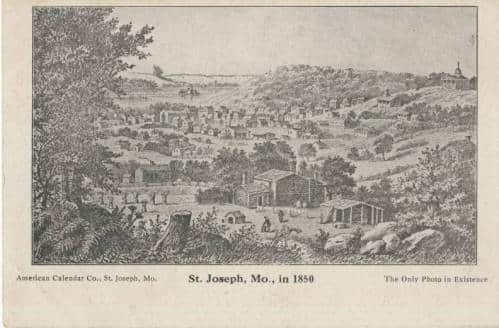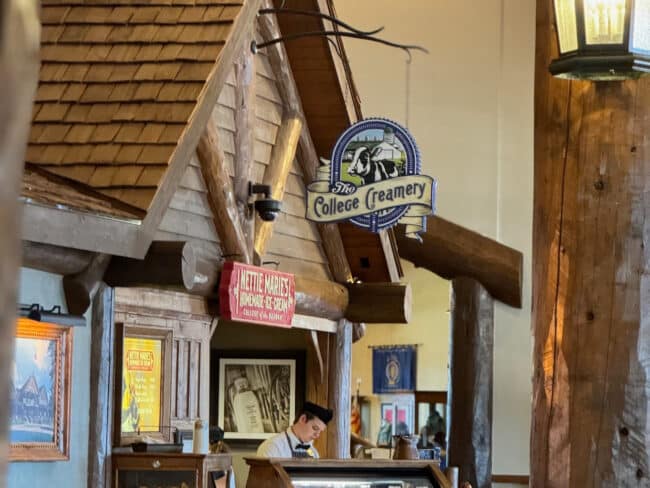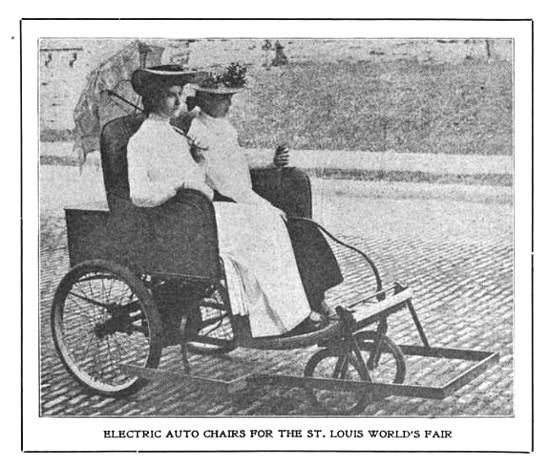The prison door is unexpectedly heavy. It takes a hard pull from two people for it to open. The entryway is industrial and bare except for a few posters on the walls showing waterfall scenes with quotes about change and growth beneath them. It smells sterile: clean, like a hospital, but with the underlying aroma of an old building. After signing in, visitors receive a small black alarm that clips to a belt loop. “Just pull this peg out, your alarm will go off, and they’ll come running,” says a tall, dimpled guard. His joking advice to pull it now, just to see what happens, earns him a punch on the arm from his partner, a woman with her hair pulled back into a tight ponytail who tells him to stuff it. It’s a good day for the staff here at Northeast Correctional Center in Bowling Green; they are having a party, and there will be fried chicken and cake for lunch today.
It’s also a good day for some of the inmates at NECC: the first day of rehearsal for Prison Performing Arts’ October production of William Shakespeare’s The Tempest. PPA is a Shakespeare-based arts and literature program for incarcerated men, women, and children in Missouri. Artistic Director Christopher Limber explains that prisoners in the program read a Shakespeare play and then rehearse and perform their own productions for fellow inmates, their families, and the public.
In the sunshine of the prison yard, inmates walk in pairs without a guard in sight. Chris shrugs off questions about the lack of guards in the open space, gesturing to his clip-on alarm: “I’ve never had to use this.”
It’s a five-minute walk through the yard to the rehearsal space. “Any items I bring in—from scripts to props, costumes, or equipment for sound—must be approved in writing, and that takes weeks to organize,” Chris says. “The instructional activities coordinators, wardens, and staff always have been very supportive and helpful.”
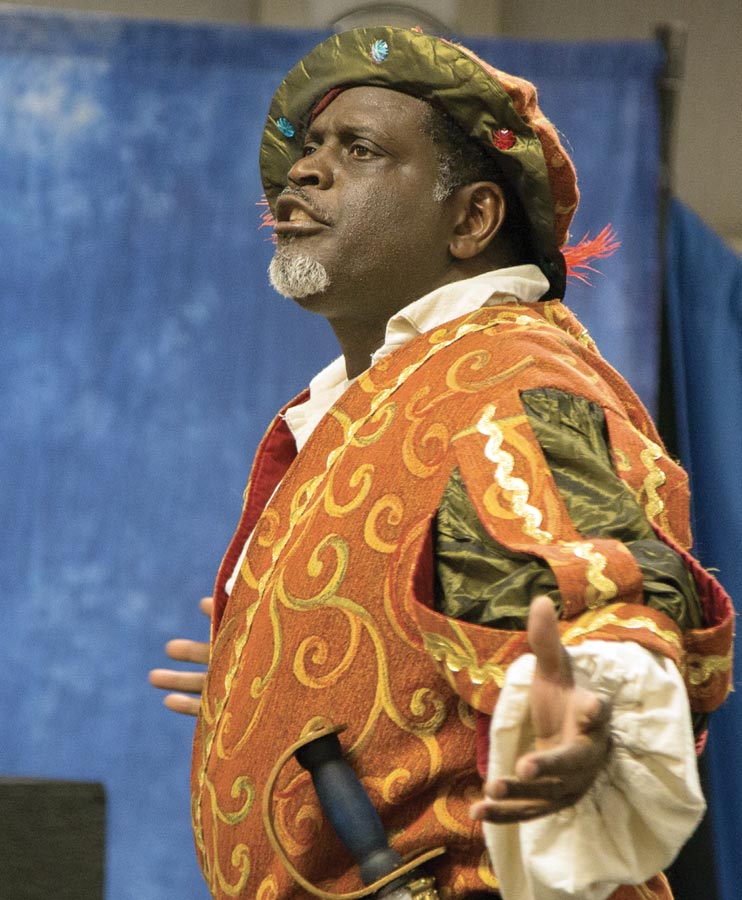
PPA began producing Shakespeare’s plays with prisoners 27 years ago. The group now works in three prisons and six juvenile justice facilities. Today they are rehearsing for a version of The Tempest in preparation for adapting Margaret Atwood’s novel Hag-Seed—a modern retelling of The Tempest—into a play. The novelist, best known for her 1985 work The Handmaid’s Tale, took an interest in PPA’s work during a visit to St. Louis. As much of Hag-Seed is set in a prison, she granted PPA permission to make it into a theatrical production.
In prison, Chris says, “Rules and authority dominate the human interaction.” This may be necessary for safety, but the arts need a workshop atmosphere, he says, where voices can be raised and emotions explored. “Working on a play is ultimately safe and helps build skill sets for rehabilitation,” Chris says. The recidivism rate for Missouri prisoners is 43 percent, but Karen Pojmann, communications director of the Missouri Department of Corrections, notes that educational programs such as PPA lower the recidivism rate. Chris says this is because prisoners learn commitment, communication skills, conflict resolution, and how to work with a group. They also get a much-needed self-esteem boost.
PPA is not a therapy program, but Chris believes that studying Shakespeare and producing a play also helps prisoners deal with their own emotions over their incarceration. “Creating a play or sharing a work of original poetry awakens an artist’s voice and shares it with the world like a bright light,” he says. “We all need the experience of creativity and the resulting recognition, pride, and self-esteem.”
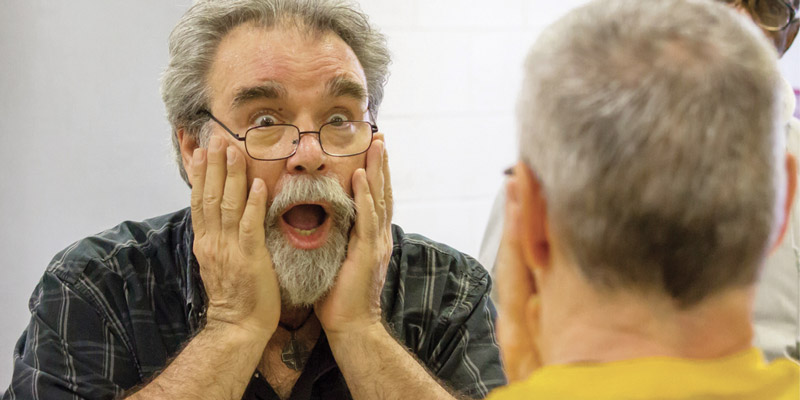
Chris has seen inmates leave his program better equipped to solve frustrations or disagreements. “In our workshops and rehearsals, we encourage feeling empowered and regulated—to express and define problems, conflicts, and frustrations by verbally sharing with your colleagues.” The result, he says, leads to better choices by building good communication skills rather than stirring up confrontation and fighting.
“I keep thinking if only Congress would do a play,” he says and laughs.
The rehearsal space is a large classroom that also serves as storage for cast-off furniture. A dozen men sit at tables facing a white board. Some of them have been with PPA for years, and some have never participated. They seem a bit awkward, much like high schoolers meeting their teacher and each other for the first time—except an armed guard oversees the room from a corner. Chris calls the group to the middle of the room for warm-ups, and then everyone relaxes into the art of making theater together.
Splitting into small groups for scene work, the inmates talk about their time with PPA and how the program provides a purpose that many say is missing in their lives, especially the lifers. “This offers a respite from an otherwise tortured life,” says Fawe (pronounced Faw-way).

“Here I’ve learned it’s alright to be yourself,” adds Joshua. “This is the place that’s taught me it’s okay to be goofy.”
“Best thing about it is we can be creative and get outside the institutional setting,” says Sean. “This here is another family, aside from my blood family.”
Any prisoner can reap the rewards of PPA. But there are rules. “They need to be violation-free and show up, be on time, and fully commit to the process of making art,” Chris says. Auditions take place after inmates study the play; each person then lists three roles they would accept, but there are no guarantees. “As with all plays, it is cast for the well-being of the play,” Chris says, “and everyone must accept their role with grace and dedication.”
Chris leads the men in a discussion on character motivation and plot points. They are grinning from ear to ear whenever they are not immersed in a scene. Their bodies move freely across the stage as they act out the story, falling this way and that as they ride the ship over the waves to the island.
Inmates cannot move this freely anywhere else in the prison. “They would lock you up for a horseplay violation,” says PPA veteran Shawn. “This is where we get to be free. Here, there is no prison.”
In the middle of rehearsal, a player has to leave because he has a family visitor. “Often during prison rehearsals there are unexpected delays,” Chris says. “I quickly learned that I can trust myself to get the artistic work done even if we are surprised and the class is shut down for an hour for a lost key on the other side of the prison. The well-being of the play and my actors make all the surprises and small setbacks inconsequential. As Shakespeare said, ‘The play’s the thing.’ ”
The troupe members have learned they must make a personal commitment to remain a part of the PPA cast; if one loses the privilege of participating, everyone else suffers. “This class is a motivating factor for me to watch my behavior,” Micah says.
They watch out for each other as well, even asking others to leave fellow cast mates alone out in the yard because, Fawe adds, “We need him to perform in the play!”
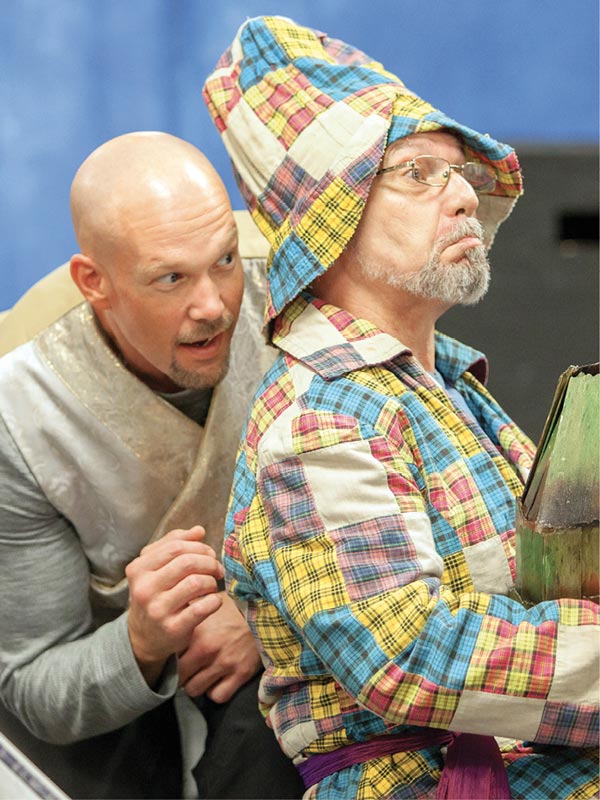
PPA doesn’t just benefit the troupe members, Chris says. It also helps the prisoners who see the plays. Most are deeply moved as the play takes them imaginatively to other worlds, if only for a while.
“Incarcerated individuals value the gift of performance and respond with gut-level honesty,” Chris says. “The greatest compliment is when I hear: ‘I was there with you all in ancient Rome’ or ‘That battleship in the Pacific in World War II was real—I felt the waves and the warm winds—I completely forgot I was in prison.’ ”
Rehearsal continues with the work of breaking down scenes. The topic of the day is, “It’s okay to make mistakes,” and Chris repeats it as a mantra—good to know when a visitor’s black alarm falls out of a pocket and begins shrieking. The men freeze, hands in the air, faces tense with fear. The visitor mutes the alarm with apologies and everyone relaxes into nervous laughter. “That’s okay,” Jimmie says. “We need some excitement in our life.”
As rehearsal ends, the inmates gather in a circle and pile their hands together in the center. “I got your back!” they yell in synchrony. They tell each other goodbye and slowly begin to file out through the metal detector, their backs stiffening, the hard looks returning to their faces, the boyish playfulness gone.
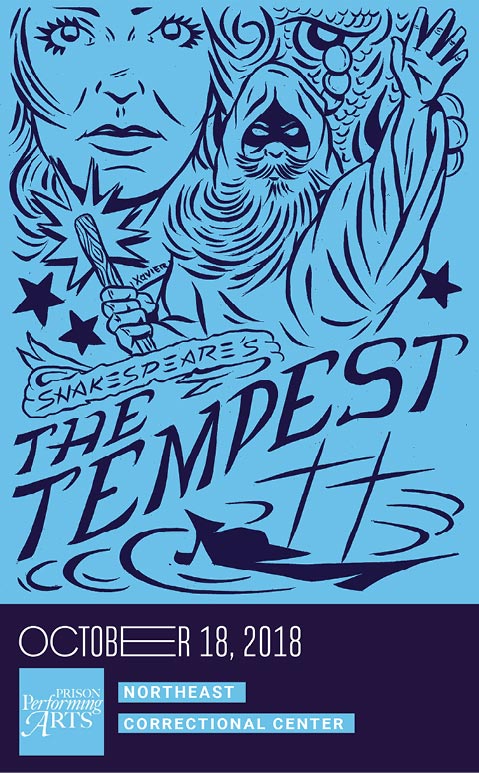
Want to see a PPA play or support their work?
Visit PrisonPerformingArts.org for showtimes and donation information.
Photos by Evan Henningsen and Christopher Limber
Related Posts
Vrooms and Booms
The Mega Motorsports Toughest Monster Truck Tour promises larger-than-life thrills as daring drivers test the limits of physics. With tour dates in both Lamar and West Plains, there's ample opportunity to take in the action.
High Southern Cooking at the Keeter Center
At the Keeter Center at College of the Ozarks, students get a complete education in farm-to-fork food preparation. They grow the produce and raise the animals that provide meat for the menu items, and everything is made from scratch.
An Electric Cart Vendor Was Granted a License For The World’s Fair: July 25, 1903
Semple Scott of St. Louis was granted permission to rent small electric cars similar to two-seat golf carts for getting around the World's Fair. They were called Electric Autochairs.

